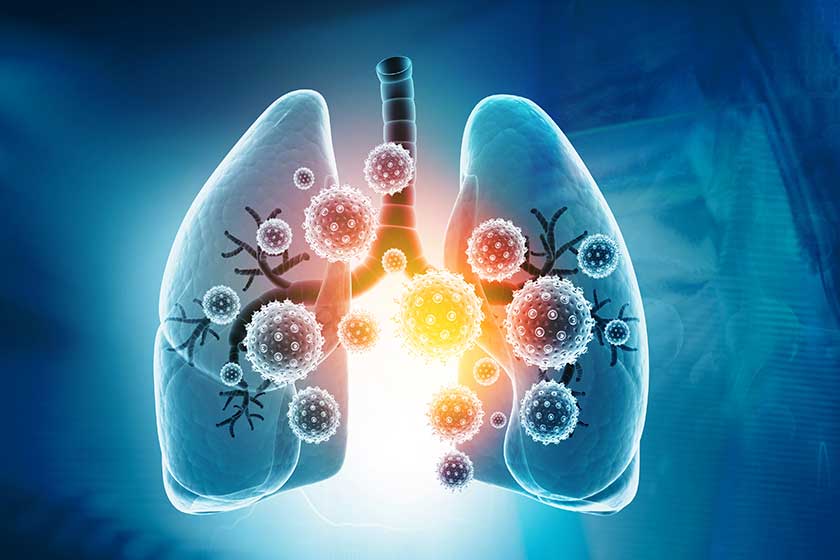Pneumonia, a respiratory infection that can affect people of all ages, poses a unique set of challenges when it comes to seniors. Aging adults, particularly those residing in a retirement community, can be more vulnerable to pneumonia due to weakened immune systems and underlying health conditions. In this article, we will discuss 10 key symptoms of pneumonia in seniors and the importance of recognizing them promptly.
The Silent Threat
Pneumonia is often referred to as the “silent threat” among seniors, as its symptoms can be subtle and easily mistaken for other health issues. However, it is essential to be vigilant, as untreated pneumonia can lead to severe complications, especially in older adults.
Persistent Cough
One of the primary symptoms of pneumonia in seniors is a persistent cough. While coughing can be a common occurrence in older adults, a cough associated with pneumonia is often persistent and may produce green, yellow, or even bloody mucus. Seniors and their loved ones should take note of any changes in the character of the cough and its duration.
Shortness of Breath
Shortness of breath, also known as dyspnea, is another significant symptom of pneumonia in seniors. Seniors may find it increasingly difficult to catch their breath, even with minimal physical exertion. This shortness of breath is often accompanied by a feeling of tightness in the chest.
Fever and Chills
Fever and chills can be indicative of an infection, including pneumonia. It’s crucial for seniors and their caregivers to monitor for sudden spikes in body temperature or recurrent episodes of fever and chills. High fever, in particular, should be taken seriously.
Confusion or Mental Changes
Pneumonia can affect the brain, leading to confusion or mental changes in seniors. These changes may include disorientation, memory problems, and altered behavior. Loved ones should pay close attention to any unexplained shifts in mental status.
Chest Pain
Chest pain, especially when breathing deeply or coughing, can be a symptom of pneumonia in seniors. It is often described as a sharp or stabbing sensation in the chest. Seniors should report any chest pain to their healthcare provider promptly.
Fatigue and Weakness
Seniors with pneumonia may experience profound fatigue and weakness. Everyday activities that were once manageable may become exhausting. If a senior’s energy levels significantly decline, it may be a sign of pneumonia.
Loss of Appetite
A sudden loss of appetite can also signal pneumonia in seniors. Pneumonia can make eating uncomfortable, leading seniors to avoid meals. Adequate nutrition is essential for recovery, so changes in appetite should not be ignored.
Bluish Lips or Fingernails
In severe cases of pneumonia, seniors may develop bluish lips or fingernails, known as cyanosis. This is a sign that oxygen levels in the blood are dangerously low, and immediate medical attention is needed.
Increased Heart Rate
An increased heart rate, or tachycardia, is a common physiological response to pneumonia in seniors. Seniors or their caregivers can monitor heart rate by checking the pulse. A consistently elevated heart rate should be reported to a healthcare provider.
Difficulty in Speaking or Swallowing
Pneumonia can cause discomfort when speaking or swallowing, particularly if there is chest pain or a persistent cough. Seniors may exhibit reluctance to eat or drink due to this discomfort.
Safeguarding Senior Health: Detecting Pneumonia Early
Recognizing the key symptoms of pneumonia in seniors is crucial for early detection and prompt medical intervention. If you are a resident of a retirement community, be sure to report any of these symptoms to your healthcare providers or caregivers, and rest assured that you can receive the supportive care you need. Timely diagnosis and treatment can significantly improve the prognosis and reduce the risk of complications associated with pneumonia in seniors. The well-being and health of our aging loved ones depend on our vigilance and proactive response to the signs of this potentially serious respiratory infection.







